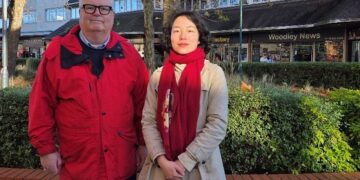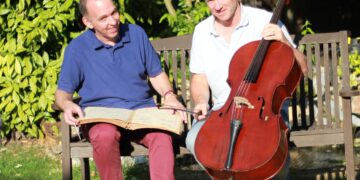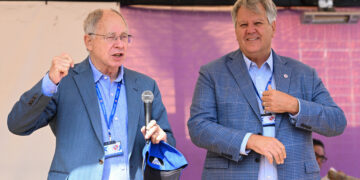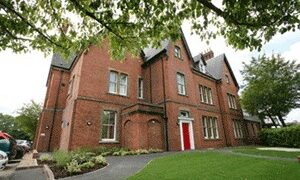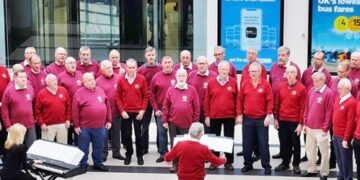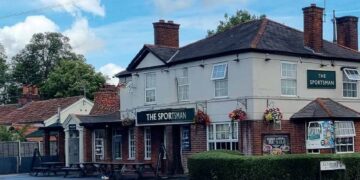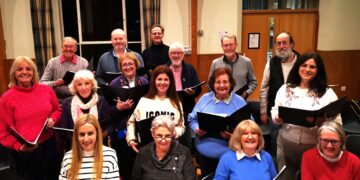During the latter part of the 19th century shift work was increasingly being adopted by companies, resulting in more leisure time for their employees. At that time the number of pubs was steadily increasing and many workers were entering these hostelries and over-imbibing. Subsequently production and family life were suffering together with the health and efficiency of the breadwinners.
Wokingham and Emmbrook were no exception. Many hostelries had sprung up during the late 18th century and the first half of the 19th century until they numbered thirty-three. With the increase in the number of hostelries the problem of drunkenness steadily grew. To combat this working men’s clubs were created throughout the country to provide facilities for men where they could relax in comfort while consuming non-alcoholic beverages. Concerts and talks with tea and cake were frequently organised for the men and their wives. In Wokingham The Working Men’s Club was established in December 22nd 1864 in The Market Place and for a small sum one had access to newspapers and magazines for a few hours six days a week
The creation of lending libraries in towns and villages was enabled by the passing of Public Libraries Acts. Shortly afterwards the bank room in Wokingham Town Hall and St. Paul’s Schools became lending libraries after hours while a book depot was established in Emmbrook.
It was not until October 2nd 1871 that, as the result of a meeting of the clergy of All Saints’ and St. Paul’s Churches, the Wokingham Reading Room for young men was established at St. Paul’s Schools. The reading room also provided fortnightly musical evenings the first of which was held on October 17th of that year. The performers were members of both churches.
These evenings were very successful and almost two years later on September 22nd 1873 another meeting was held at which the following resolutions were agreed:
- The name The Reading Room would become The Wokingham Working Men’s Club.
- The club would open on Saturday evenings during the winter months beginning the following month.
- Fortnightly entertainments would be held beginning October 28th preceded with a public tea.
- Periodicals would be available.
It was reported that The opening of the Club was celebrated by a social soiree to members and their wives and friends The rooms were nightly filled by the members, who had joined in large numbers, and who enjoyed the comforts and recreation provided.
In June 1874 the Rectors of All Saints and St. Paul’s Churches and volunteers had formed a committee for the purpose of opening a Public Coffee Room for the use of members of the club now known as The British Workman and those of other temperance societies.
The problem was finance but donations of money and materials were made and Mr. Thomas Wescott provided materials and labour and seven years later in July 1881 it was announced that The British Workman had moved to a new house in Peach Street now called The Coffee Tavern.
It was also reported that Mr. Wescott was constructing a building behind The Coffee Tavern. It comprised a room for games, a reading room, and a third room for dressing while The Coffee Tavern adjacent would supply refreshments in its own rooms. There would also be beds in the tavern for those who required lodgings. The name of the club was changed to the Working Men’s Club. On January 5th 1882 the rooms of the Working Men’s Club were formally opened by the Rector of the Parish, the Rev. Edward Sturges. The Coffee Tavern functioned for many years and was last mentioned in the directories of 1920.
Jim Bell






